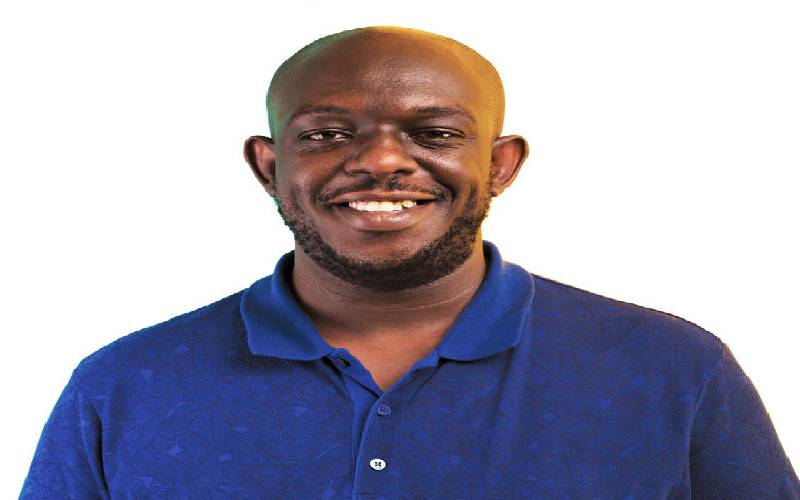
Just fresh out of high school, young Al Kags (pictured) realised that the opportunity to pursue higher education for him then was a mirage. There was simply no money for college. But not one to focus on his limitations, he decided that he would do two things: One, learn all he could about computers and building websites. This would later bring him a fortune. Secondly, he signed up to volunteer in various organisations and the government. This would later land him squarely into his life’s passion. Today, the 40-year-old is the co-founder of The Open Institute, a non-governmental organisation that collaborates with governments, civil society organisations, citizen groups and private sector companies to find innovative ways to achieve sustainable development. He is anything but a novice in the world of technology. He shares his journey with Hustle.